Learn how to choose the right camping backpack to meet all your needs and comfortably carry it during your outdoor adventures.
Backpack Size: How to Determine the Optimal Volume
Choosing the right backpack size depends on the duration of your camping trip and the amount of gear you plan to take. For day hikes, a backpack with a volume of 20 to 40 liters is ideal. If your adventure lasts several days, consider options from 50 to 70 liters. Don’t forget to account for your personal needs—like whether you plan to cook or take extra gear.
Market research shows that most campers underestimate the volume they will need. Therefore, it’s worth conducting a packing test: try to fit everything you plan to take into the backpack. This will help you better understand what size you actually need.
Additionally, consider the weight of the backpack, even if you chose a larger option. Lighter models can significantly reduce the load on your shoulders during long walks.
Materials: What to Look For
The materials of the backpack play a crucial role in its durability and weather resistance. The most common materials are nylon and polyester. Nylon is known for its strength, while polyester is lighter and water-resistant. When choosing a backpack, pay attention to its waterproof ratings, as you may encounter rain in the wild.
The internal lining of the backpack is equally important. Some models have extra moisture protection, which is useful if you get caught in the rain or are moving in high-humidity conditions. So make sure to check the product specifications.
Finally, consider the wear resistance of the materials. Backpacks with reinforced seams and extra protective elements will last longer and withstand all the challenges of your journey.
Comfort and Fit: The Importance of Proper Sizing
A proper fit for your backpack is key to comfortable movement over long distances. It’s crucial that the backpack doesn’t pinch your shoulders or back. Look for adjustable straps, belts, and a supportive back frame. The straps should be soft yet supportive, while the belt helps distribute the weight to your hips, reducing strain on your shoulders.
Before purchasing, be sure to try on the backpack filled with items. This will allow you to feel how it fits and check for any chafing in certain areas. Remember, the sensation of wearing a backpack can significantly change during long hikes.
The perfect backpack should not only be comfortable but also fit your body type. Pay attention to models that offer different sizes to find one that suits you best.
Additional Features: What to Consider
Modern backpacks often come equipped with additional features that can greatly enhance your experience outdoors. These include pockets for organization, external attachments for gear, and ventilation systems for your back. When choosing a backpack, consider the number and size of pockets to ensure you can comfortably store all necessary items.
Some models offer the ability to connect to a hydration system, allowing you to drink water without removing the backpack. This is especially important during long walks in hot weather.
Additionally, look for reflective elements. This is particularly relevant if you plan to move in low visibility conditions. Choosing the right backpack while considering all these aspects will ensure comfort and safety during your trip.
Цікаві товари для рибалки
-
 Universal lunch bag with thermal insulation, thermal bag
Universal lunch bag with thermal insulation, thermal bag -
 Sharp Stainless Steel Pocket Fishing Scissors
Sharp Stainless Steel Pocket Fishing Scissors -
 Ultrasonic bracelet against mosquitoes and other insects
Ultrasonic bracelet against mosquitoes and other insects -
 A folding table for a fisherman
A folding table for a fisherman -
 Durable Fishing Rod Bag for Transportation
Durable Fishing Rod Bag for Transportation -
 Thermal bag blue – waterproof
Thermal bag blue – waterproof -
 Solar-powered LED camping lamp
Solar-powered LED camping lamp -
 Warm thermal shoe covers for home and wearing under shoes, size 41-42
Warm thermal shoe covers for home and wearing under shoes, size 41-42

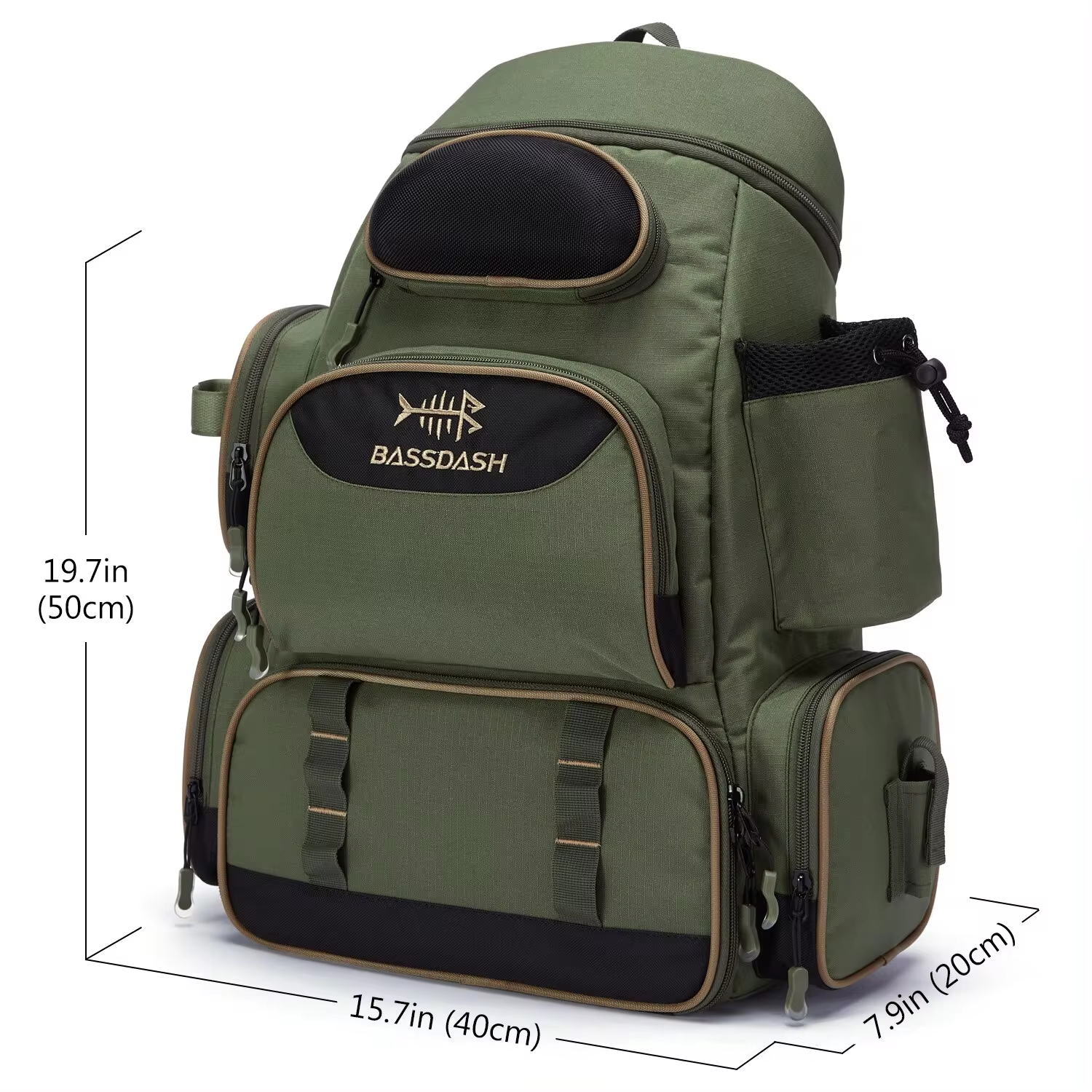
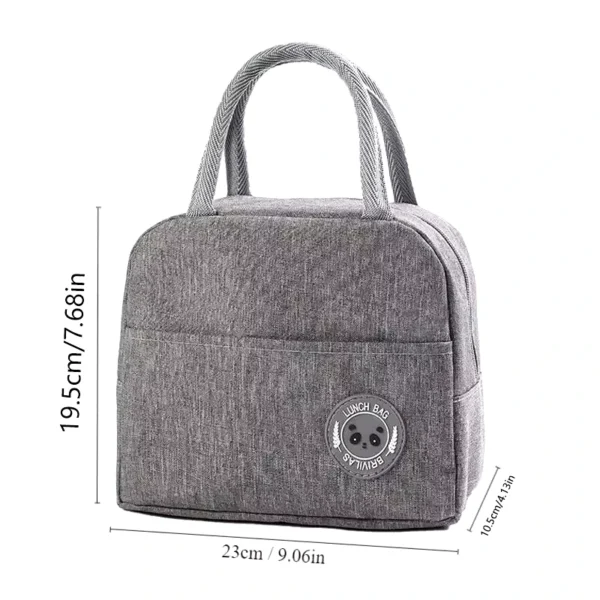
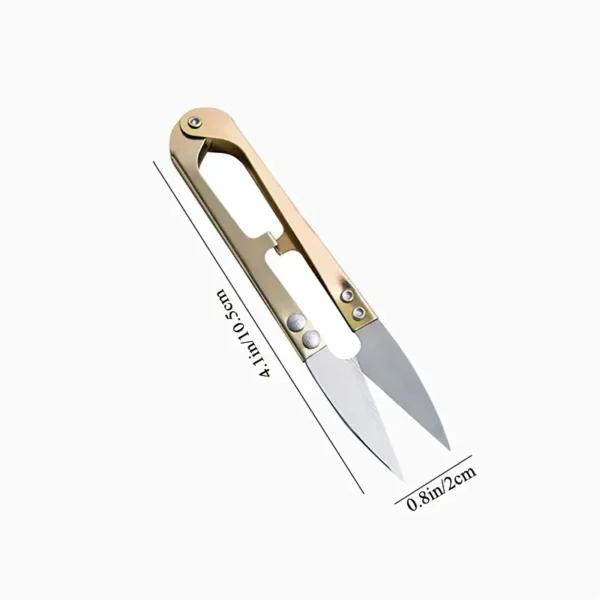
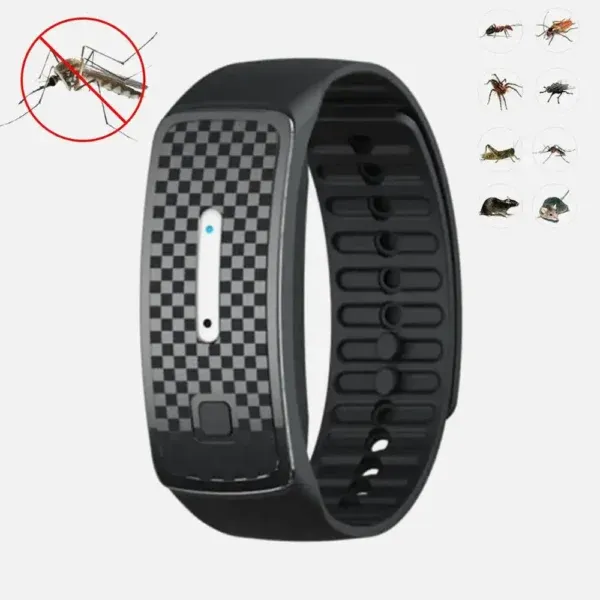
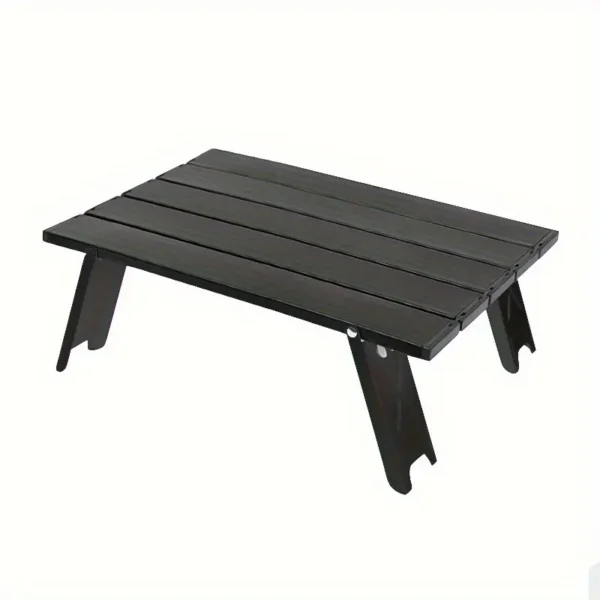
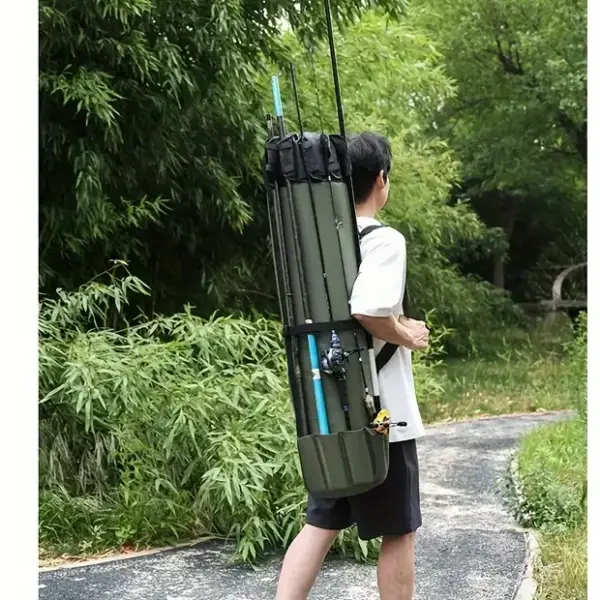
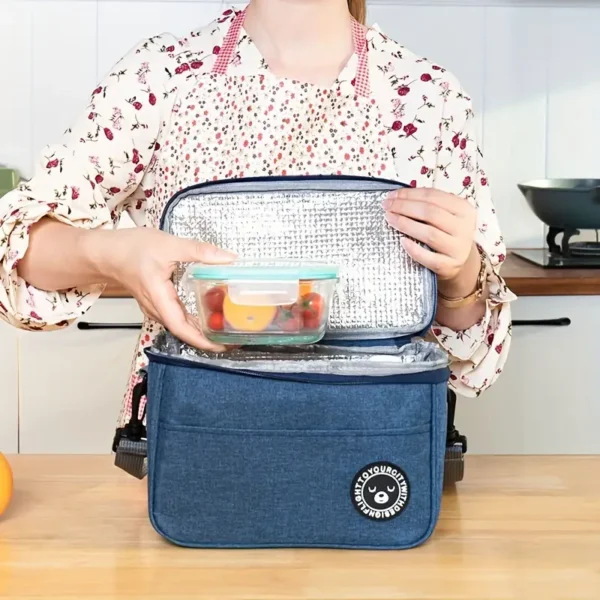
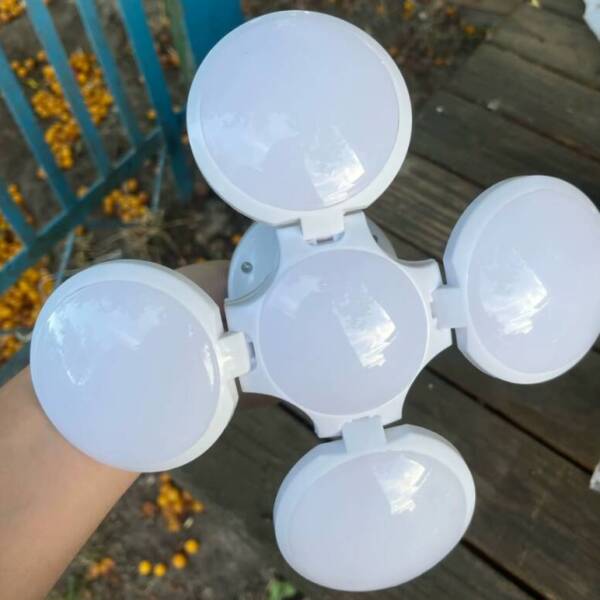
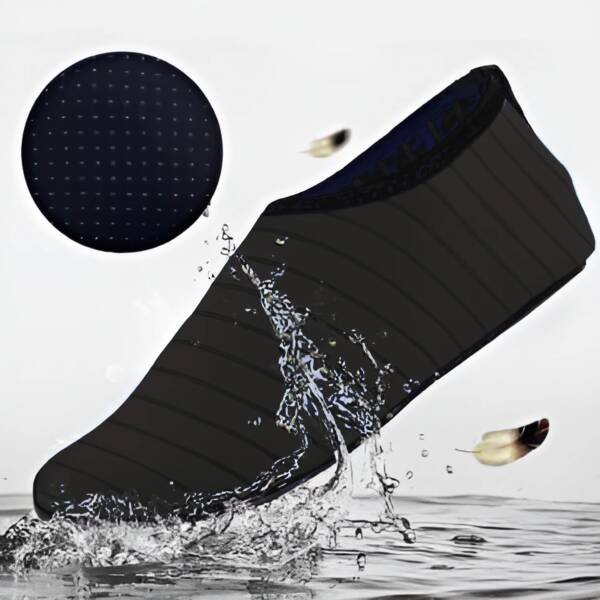


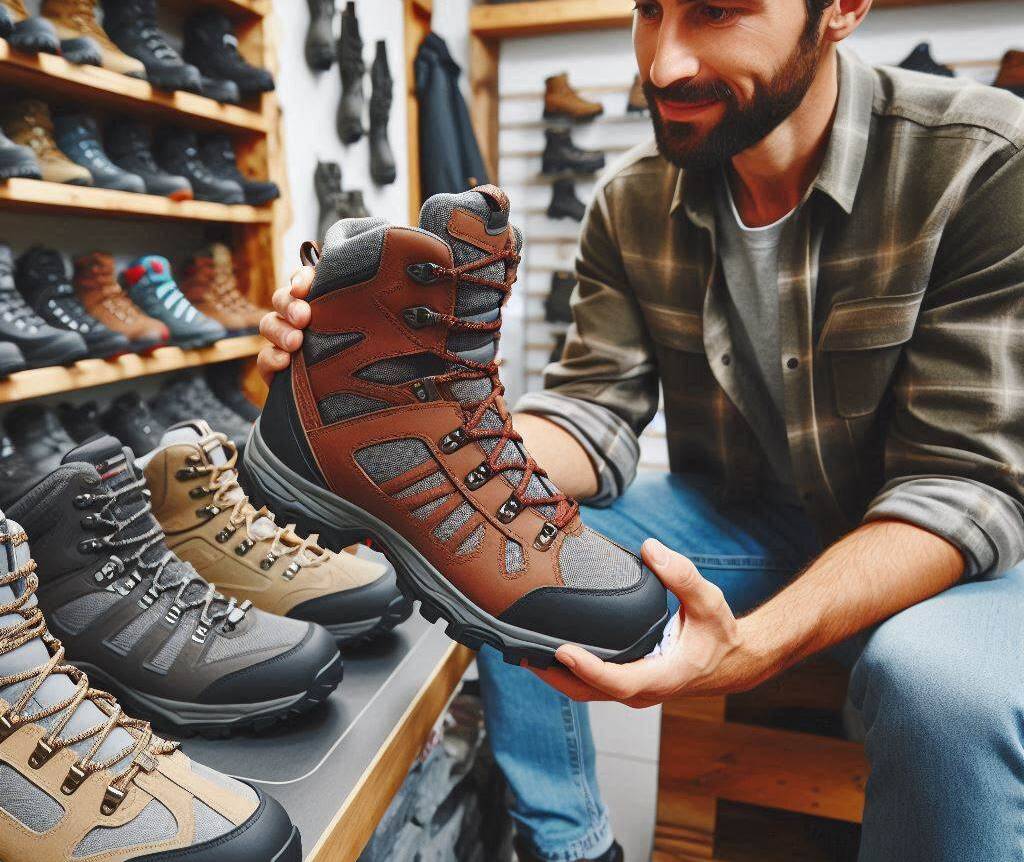
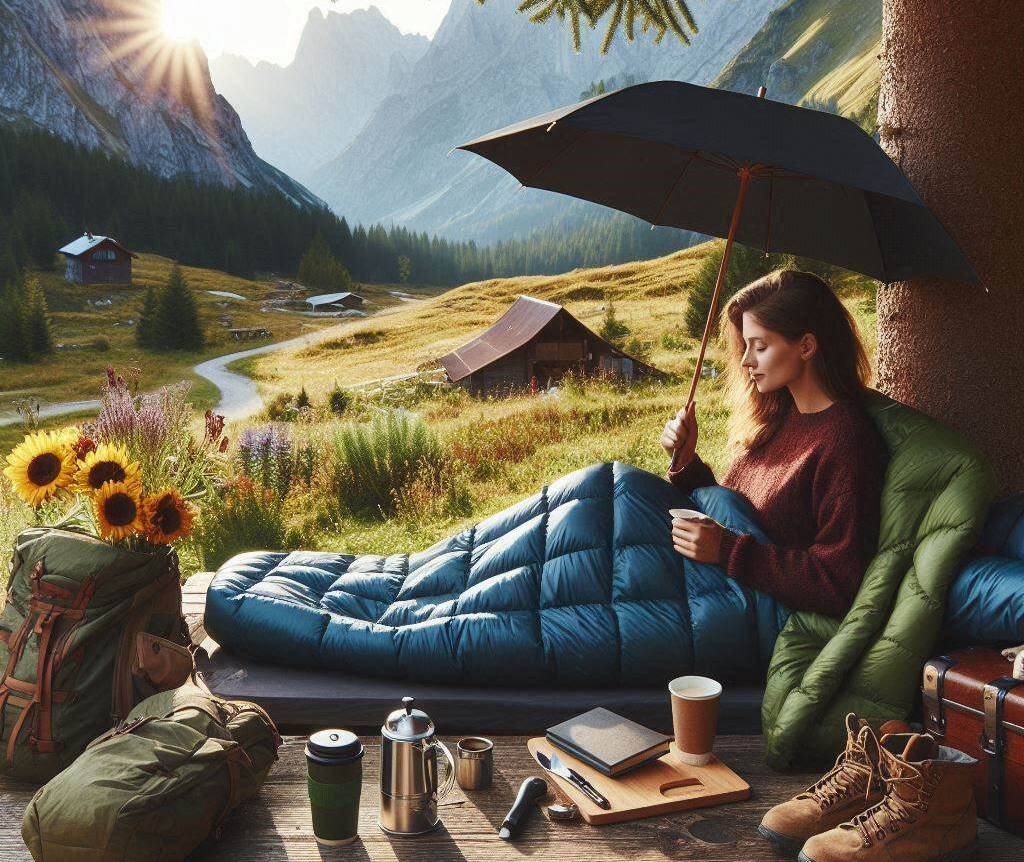


Leave a Comment
Your email address will not be published. Required fields are marked *